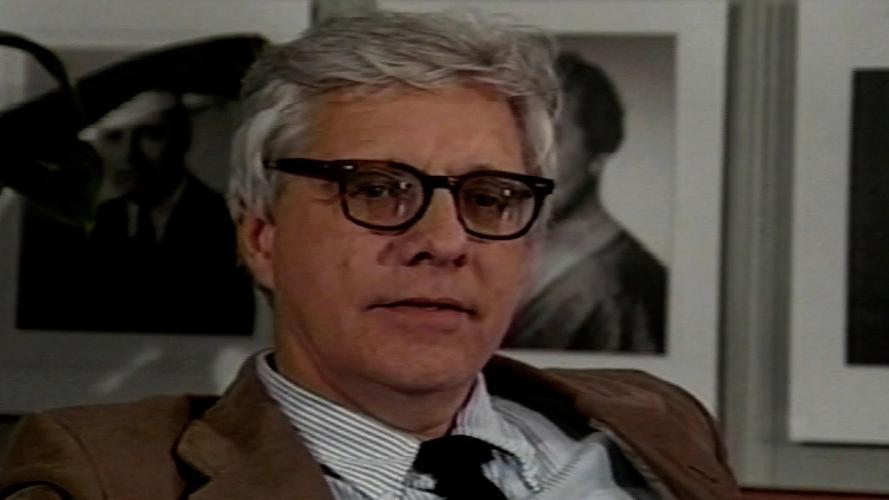Pierre Clavel
Ph.D. '66
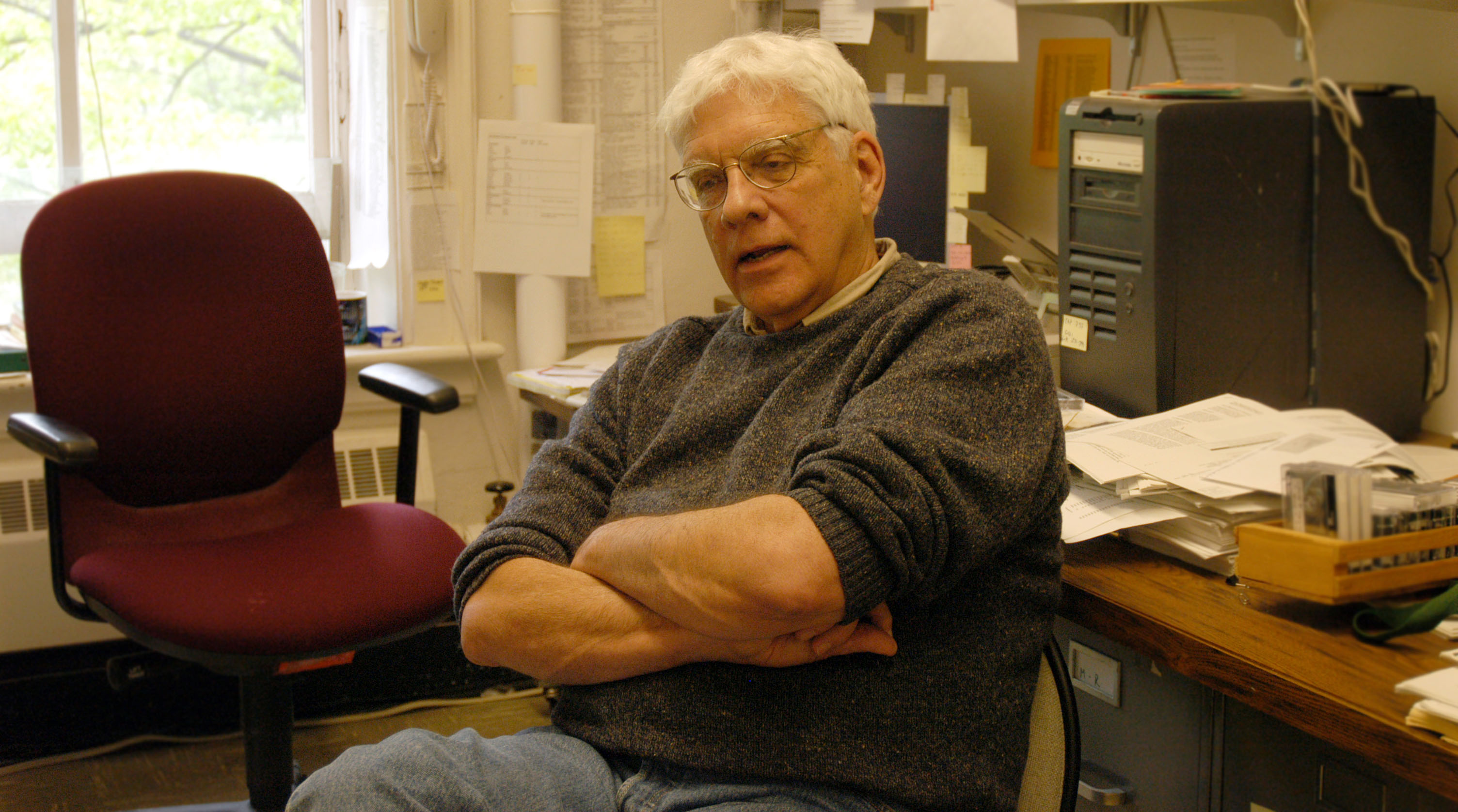
Pierre Clavel.
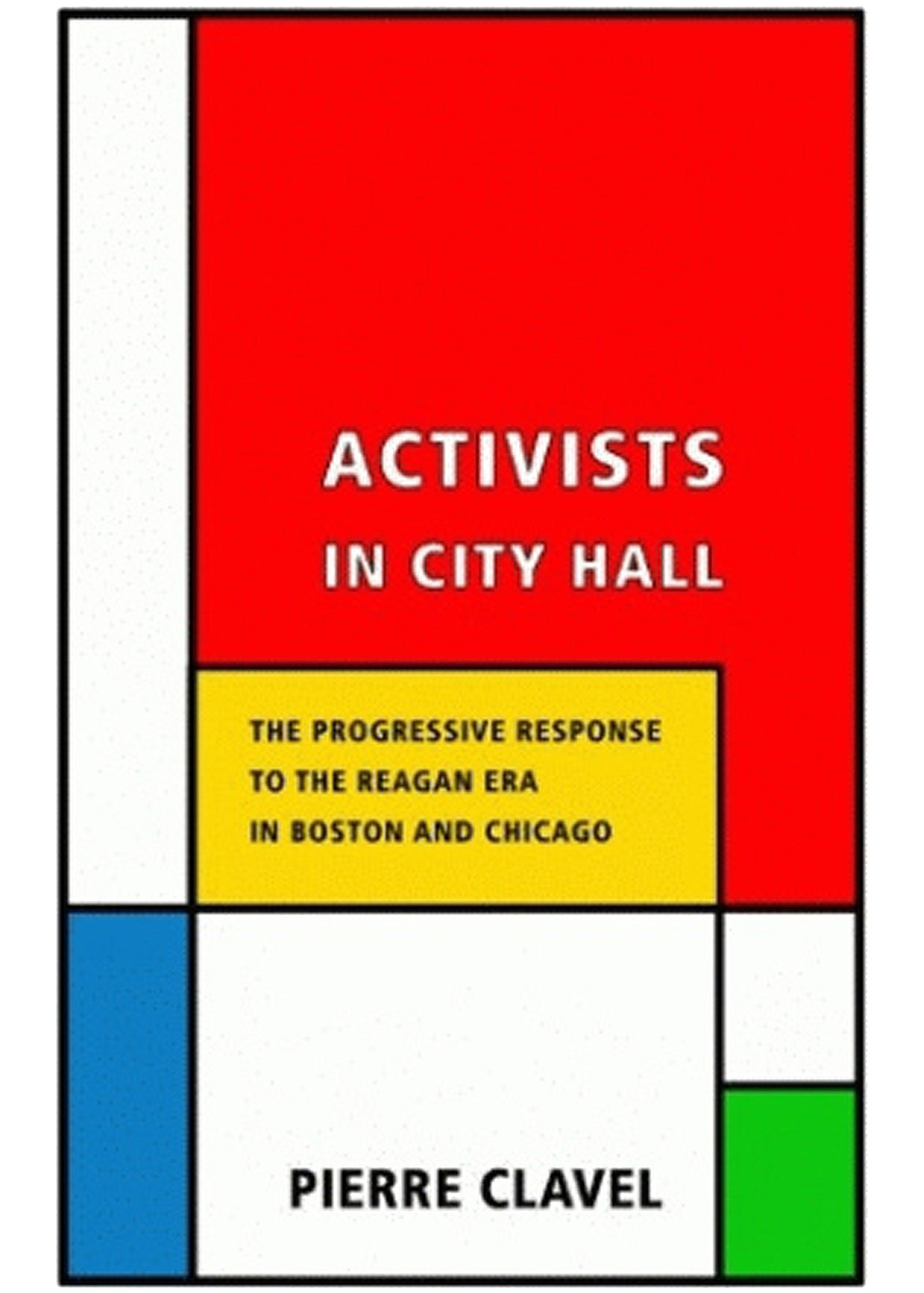
Activists in City Hall: The Progressive Response to the Reagan Era in Boston and Chicago (Ithaca, New York: Cornell University Press, 2013).
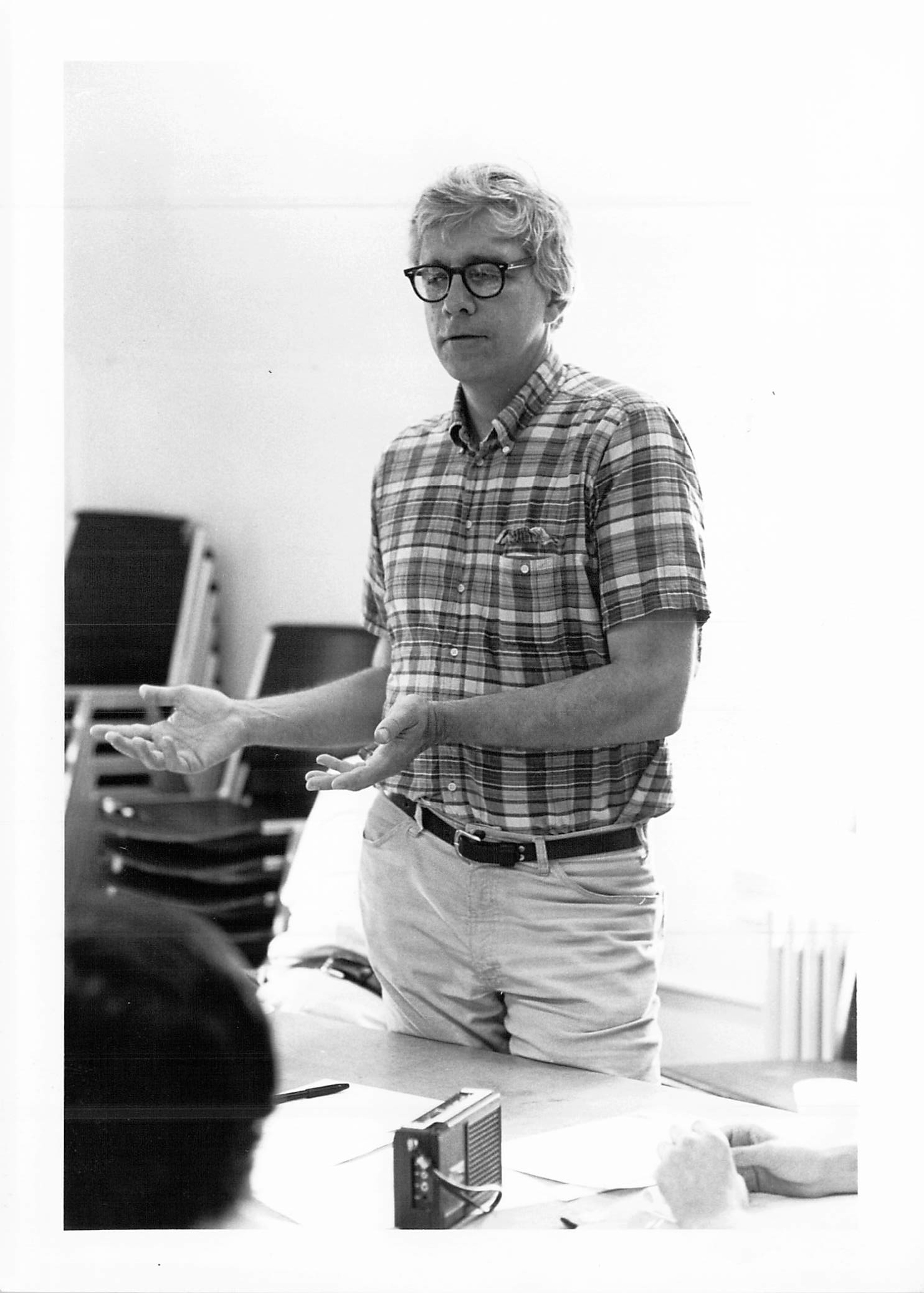
Clavel at Progressive Planning Summer Program in 1982.
Projects
Selected Works
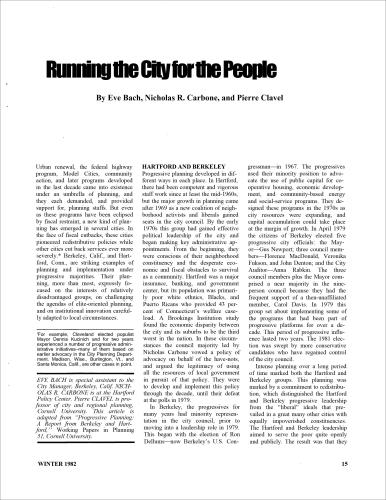
E. Bach, N.R. Carbone, and P. Clavel, "Running the City for the People," Social Policy 12, no. 3 (winter 1982): 15–23, https://hdl.handle.net/1813/41469.
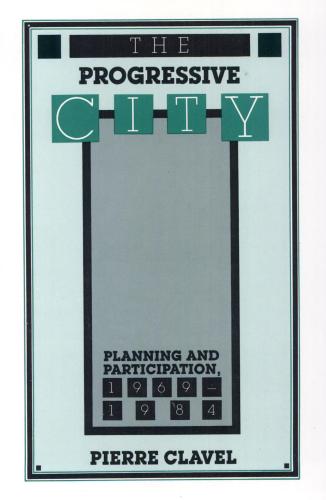
P. Clavel, The Progressive City: Planning and Participation, 1969–1984 (New Brunswick, New Jersey: Rutgers University Press, 1986).
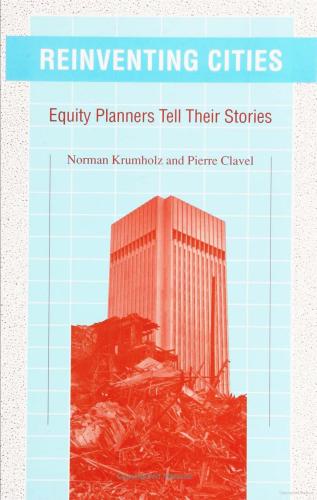
N. Krumholz, P. Clavel, Reinventing Cities: Equity Planners Tell Their Stories (Philadelphia: Temple University Press, 1994).

P. Clavel, Activists in City Hall: The Progressive Response to the Reagan Era in Boston and Chicago (Ithaca, New York: Cornell University Press, 2013).
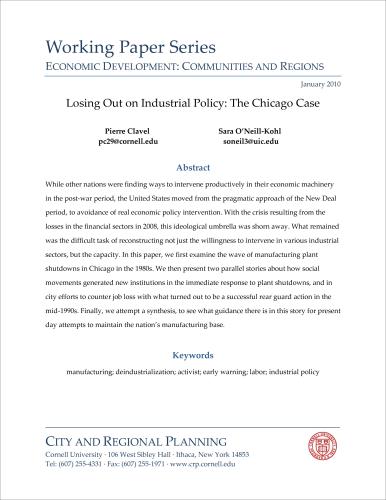
P. Clavel, S. O'Neill-Kohl, "Losing Out on Industrial Policy: The Chicago Case," Cornell University City and Regional Planning Working Papers: Economic Development (January 2010): 1–38, https://hdl.handle.net/1813/14278.
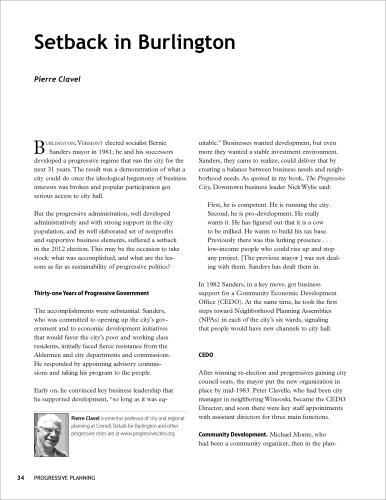
P. Clavel, "Setback in Burlington," Progressive Planning 201, (fall 2014): 34–37, https://hdl.handle.net/1813/45775.
Color: Lorem ipsum dolor sit amet, consectetur adipisicing elit. Distinctio, eveniet?

